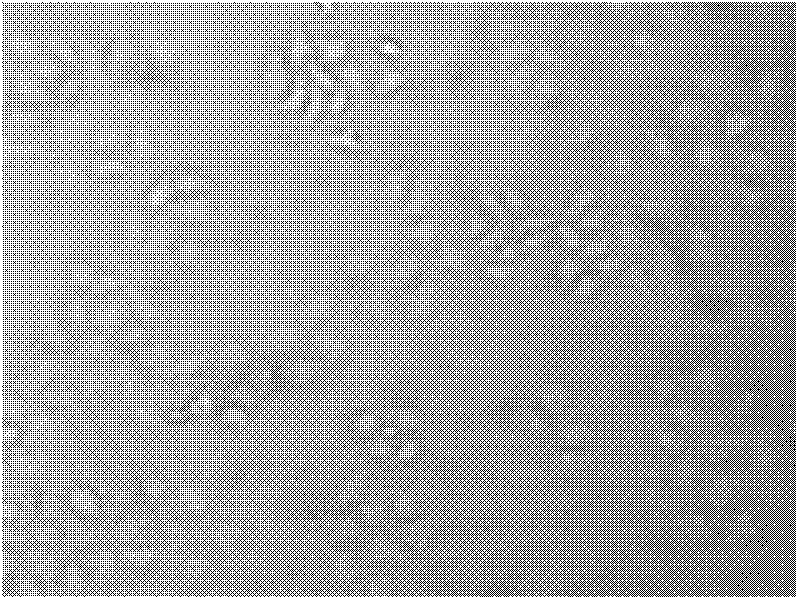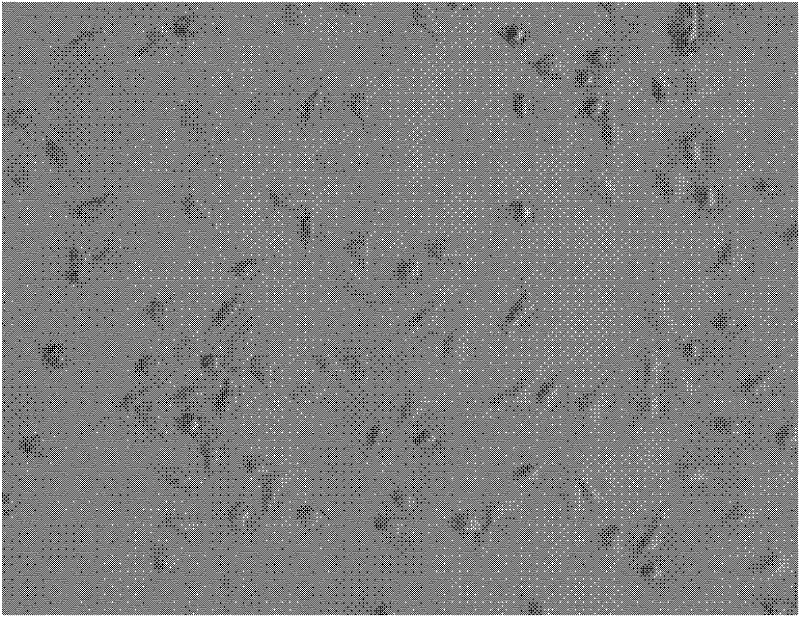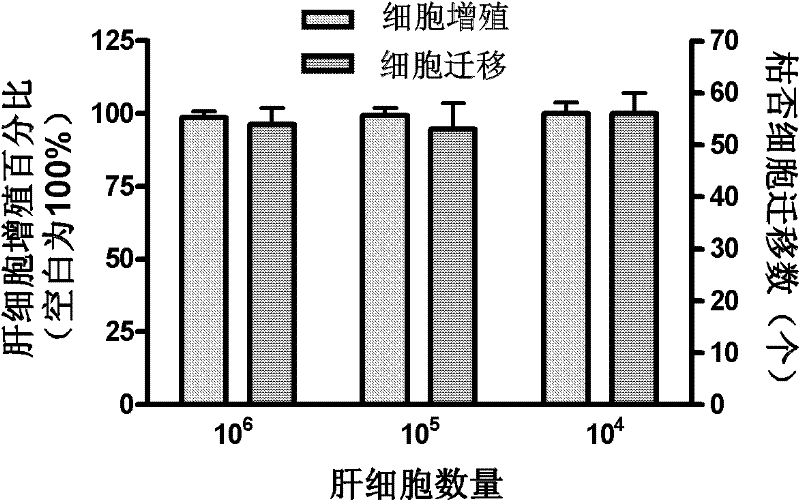Co-culture system for liver cells and Kupffer cells and application thereof
A co-culture system and liver cell technology, applied in artificial cell constructs, animal cells, vertebrate cells, etc., can solve problems such as difficult to simulate physiological and pathological states, and time-consuming
- Summary
- Abstract
- Description
- Claims
- Application Information
AI Technical Summary
Problems solved by technology
Method used
Image
Examples
Embodiment Construction
[0035] Below in conjunction with the separation and purification of hepatocytes, the separation and purification of Kupffer cells, the selection of the concentration of LPS added, the construction of the co-culture system, and the preliminary screening of drugs, the present invention will be further described in detail, which is an explanation of the present invention rather than a limitation .
[0036] 1. Separation and purification of hepatocytes
[0037] Select normal BALB / C mice, anesthetize with chloral hydrate (3.5%, 1mL / 100g, ip), fix the position, disinfect the skin of the chest and abdomen, open the peritoneum, free the portal vein and inferior vena cava, and place it about 1cm away from the hepatic hilum A 22-gauge catheter was inserted into the portal vein, and another catheter was inserted into the inferior vena cava for backup. Pre-warmed D-Hanks' solution at 37°C was perfused at a flow rate of 25 mL / min, and the liver was enlarged and pale in color after a few m...
PUM
 Login to View More
Login to View More Abstract
Description
Claims
Application Information
 Login to View More
Login to View More - R&D
- Intellectual Property
- Life Sciences
- Materials
- Tech Scout
- Unparalleled Data Quality
- Higher Quality Content
- 60% Fewer Hallucinations
Browse by: Latest US Patents, China's latest patents, Technical Efficacy Thesaurus, Application Domain, Technology Topic, Popular Technical Reports.
© 2025 PatSnap. All rights reserved.Legal|Privacy policy|Modern Slavery Act Transparency Statement|Sitemap|About US| Contact US: help@patsnap.com



